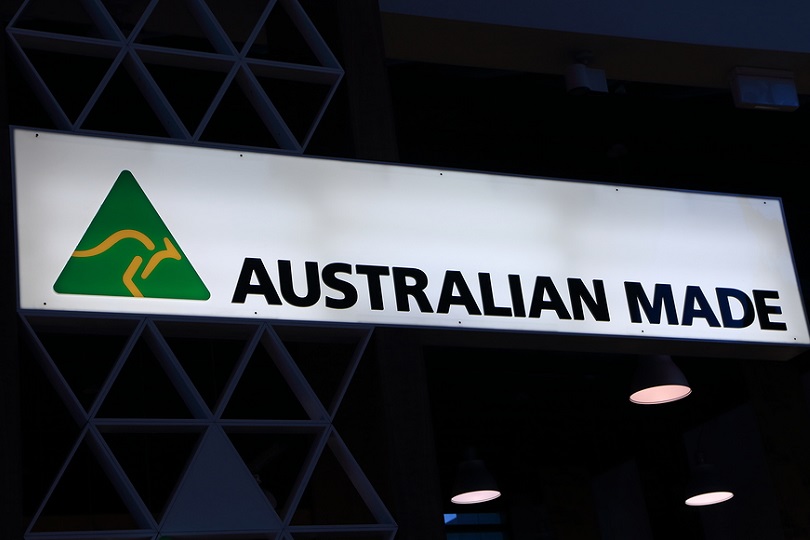Bad actors are devaluing the Australian-made brand

How many times do we go shopping at our local supermarket and worry about where the products in our trolley actually originated from, or who owns the brand? Even if we checked, would it bother us at all?
A recent study found that 90 per cent of Australians prefer 100 per cent Australian-made and -owned products. This could be due to national pride, perceptions of quality or simply the desire to support local businesses.
However, not all “Australian” brands are really Australian.
Brands such as UGG, Arnott’s, Uncle Toby’s, Bushells and Golden Circle, which were once Australian-owned and -produced, are now externally owned or sourced.
This issue doesn’t just apply to food, other product categories such as health, beauty, clothing, tools, equipment and even furniture mislead consumers about their country of origin.
Companies advertise their brand or product as being “Australian”, when in actual fact they are either manufactured, sourced or owned wholly by overseas companies and manufacturers. This can tarnish the integrity and image of products that genuinely are owned or produced in Australia, especially on an international scale where trade is concerned.
While some companies, such as “Aussie Beer” and “Bera Foods”, have been fined for misleading consumers about the location of their beer and honey production, regulation needs to be tighter and regulatory bodies should give consequences to brands that mislead consumers.
Australian government bodies such as the ACCC, regulators and industry groups need to be more aware and alerted to companies that make false claims, and strengthen their efforts in regulating and validating the authenticity of genuine Australian products.
One example is UGG boots. There have been a flurry of Chinese knock-offs claiming to be Australian-made and -owned. Consumers who have purchased the boots from online retailers such as augbootshop, uggclassic and uggcollections have reported seeing tags reading “Made in China” attached to the goods, and receiving them from Chinese addresses. In addition, the labels say the boots are made from cowhide and synthetic materials, rather than genuine, high-quality sheepskin.
In China, the standards for imported goods are more stringent. A representative of CCIQ (China Commodity Inspection Quarantine) regularly visits importers’ facilities, including Australian manufacturers exporting products to China, to validate a country of origin with every batch going to China. This ensures no consumer regulations have been breached, and that all products entering China are of the expected standard.
Australia should follow suit and corroborate origin claims on the product label to ensure products are authentically Australian. This would protect the integrity of both the company and the Australian-made brand.
In 2018, there were two major instances of fake “Australian-made” products coming through Australian customs. In one case, $150,000 worth of “Australian-made” skincare was brought in; each product even displayed the Australian-made logo. The other case involved pianos, which also claimed to be “Australian-made”, but were manufactured overseas.
There isn’t a stigma against buying overseas products, especially with the boom of online shopping. A survey revealed that between 2011 and 2014, there was a rise in consumer contentment to purchase products made overseas. Over the years, there has been an increase among Australian buyers for products made in Sweden, Japan, German and the US.
The problem doesn’t lie with overseas manufacturing and product sourcing. The problem lies with companies that intentionally mislead consumers by claiming or suggesting their products are genuinely Australian and selling them as such.
Integrity and honesty are what’s missing from the bigger picture, not so much the country of origin itself. In saying this, with the best interest of consumers in mind, local retailers are encouraged to actively support truly Australian-made brands.
Zvonko Jordanov is the founder and managing director of G&M Cosmetics.
Comment Manually
You must be logged in to post a comment.

Comments
Karen
100% agree we need legislation around origin. In my homewares category, for example, more and more companies large and small claim their linen is French or Belgian when it’s made in China.